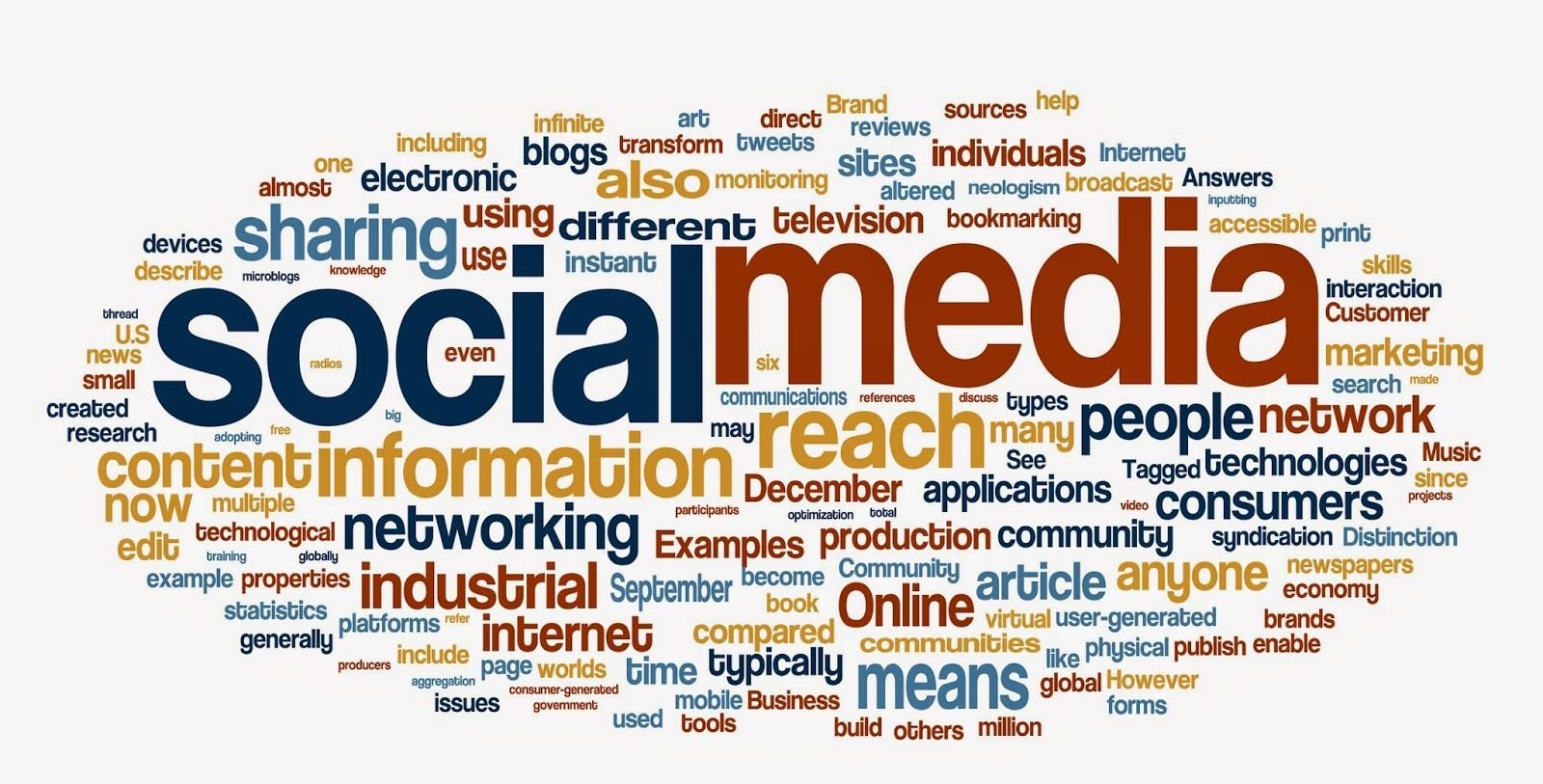What is The Role and Responsibility of Social Media in Today’s World?
Introduction:
What is The Role and Responsibility of Social Media in Today’s World? The responsibility of Social media has become integral to modern society, reshaping communication, information dissemination, and interpersonal relationships. Its role and responsibilities have evolved significantly, influencing various aspects of daily life, from personal interactions to global events. This essay delves into social media’s multifaceted role and responsibilities in today’s world.
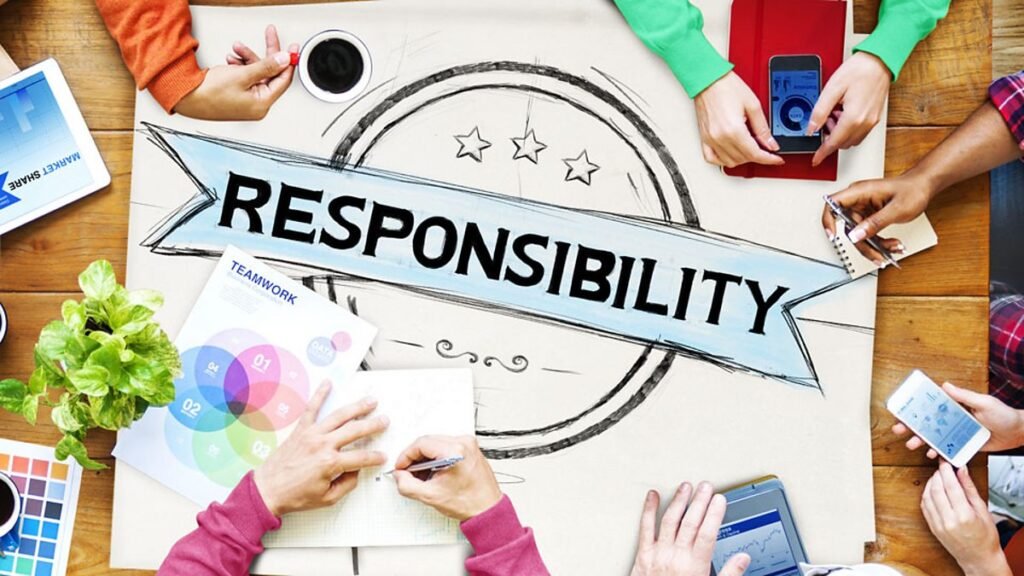
Communication and Information Sharing
Global communication and information-sharing facilitation is one of social media’s main functions. People may connect instantly and across geographic borders thanks to websites like Facebook, Twitter, and Instagram. Friends, family, and communities can remain in touch and share ideas thanks to social media, which serves as a virtual gathering place. The Role and Responsibility of Social Media in Today’s world are necessary. Users can now exchange first-hand views and opinions, changing how news circulates and removing established media outlets as the lone source of information.
Influence on Public Opinion:
There is no denying social media’s impact on public opinion. Users help shape collective perceptions of various problems by sharing news, articles, and personal views. But with influence comes accountability. Responsible Social media sites must ensure the information transmitted is accurate and trustworthy. Disseminating false information and fake news can cause significant confusion if not actual harm. Therefore, these platforms must implement efficient fact-checking procedures to fulfill their role as information brokers.
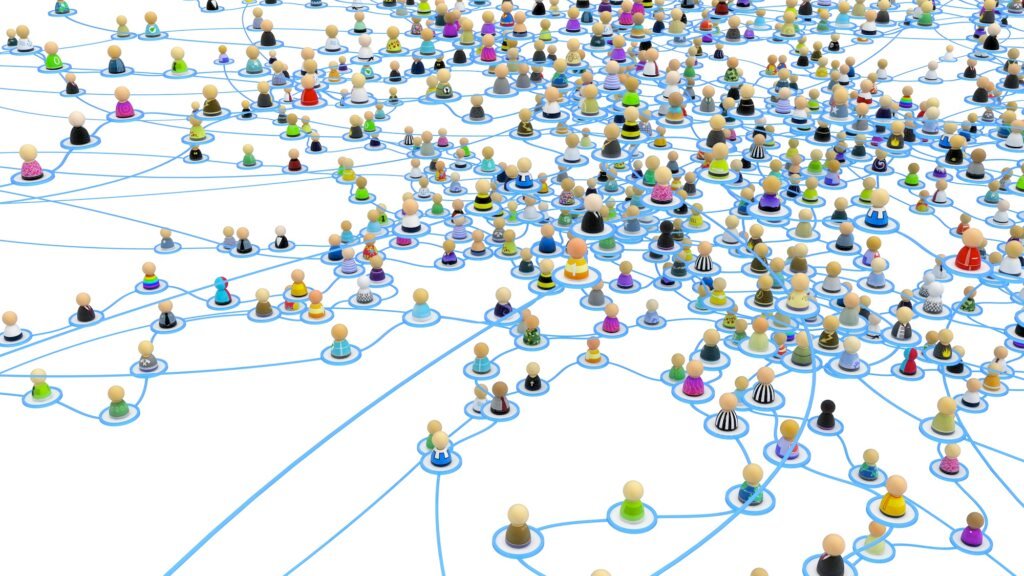
Social Activism and Awareness/Responsibility of Social Media
What is The Role and Responsibility of Social Media in Today’s World? Social media has become a potent instrument for social activism and increasing public awareness of important topics. Online channels have helped movements like #BlackLivesMatter, #MeToo, and climate activism acquire traction while energizing widespread change. The importance of social media in amplifying underrepresented voices and encouraging group action cannot be overstated. But it’s still difficult to maintain a civil conversation and stop the spread of hate speech, emphasizing the importance of careful platform management.
Business and Marketing
The influence of social media extends to the corporate sphere, which is essential for marketing and brand development. Businesses use platforms to connect with target audiences, interact with consumers, and establish brand identities. This position entails preserving moral marketing practices, guaranteeing transparency, and protecting customer information. The Cambridge Analytica controversy warns about what may happen when companies put user privacy ahead of their financial interests.
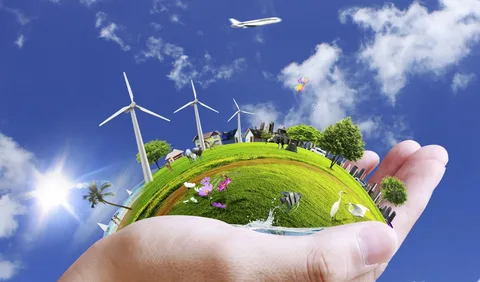
Wellness and Mental Health:
While using social media excessively can negatively impact one’s mental health and well-being, it also has many advantages. Feelings of worry, sadness, and loneliness are exacerbated by continual comparison with well-managed online personas, cyberbullying, and the addictive nature of scrolling. By introducing features that encourage healthy usage, discourage cyberbullying, and aid those in need, social media platforms must prioritize the well-being of their users.
Data protection and privacy:
Social media networks entirely must protect user data and privacy. Data breaches and sharing of personal information without authorization have sparked concerns regarding exploiting user data. Platforms must provide strict security measures, clear data usage policies, and user-friendly privacy settings to keep consumers’ trust.
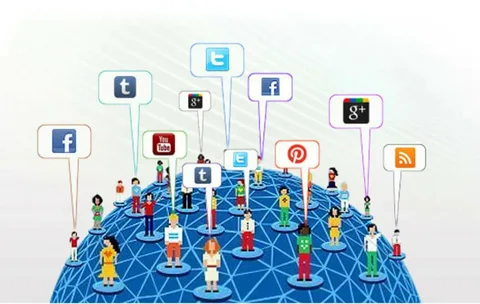
Political Influence and Democracy:
It is impossible to ignore social media’s impact on how politics are discussed, and elections are decided. Politicians can interact directly with voters on this platform, but it also facilitates the rapid dissemination of false information and inflammatory content. The Role and Responsibility of Social Media in Today’s World are very important. To protect the integrity of democratic processes, social media platforms must be proactive in fighting manipulation, fraudulent accounts, and algorithmic biases.
Conclusion:
In conclusion, the responsibility of social media in the modern world has a wide range of roles and duties. It catalyzes social change, commercial development, and communication. These responsibilities include verifying information, fostering mental health, protecting privacy, and defending democratic principles. Platforms, users, and society must collaborate as social media evolves to maximize its benefits and minimize its drawbacks.
What is The Role and Responsibility of Social Media in Today's World?How much do you like our article


